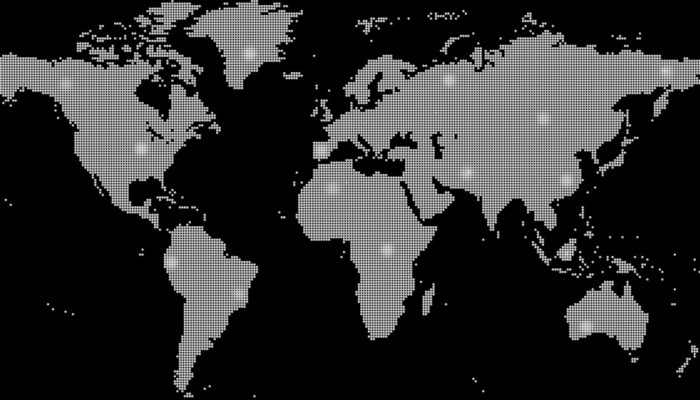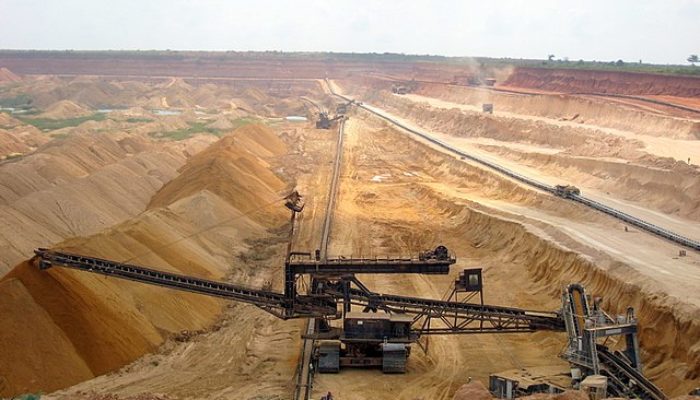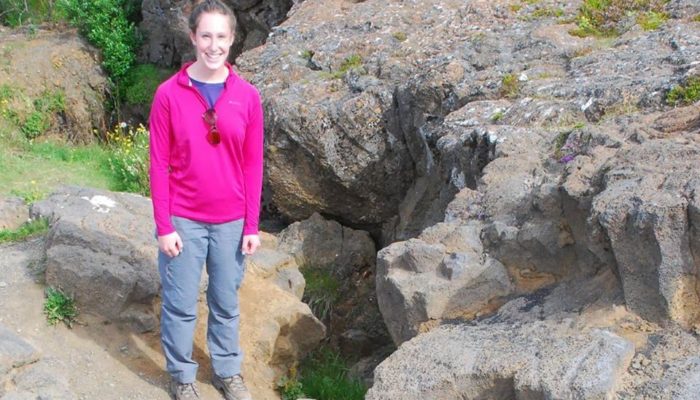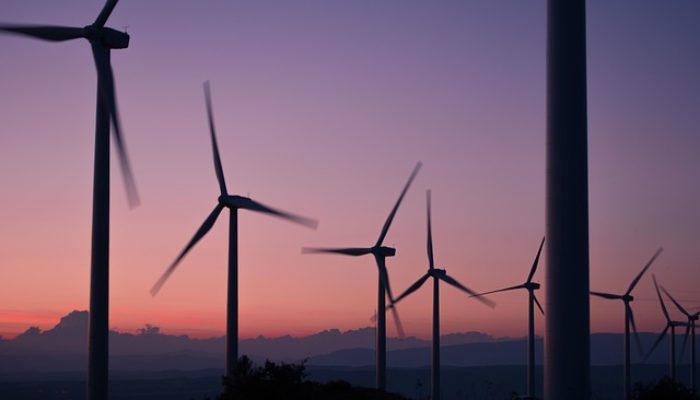Over the next few weeks, we’d like to introduce you to some new faces on the GfGD blog, bringing fresh ideas and perspectives on topics relating to geoscience and sustainable development. We’re delighted to have their input and look forward to their posts. Today we interview Hannah Ritchie – a PhD student doing research in WASH (WAter, Sanitation & Hygiene). Tell us a bit about yourself Hi, I’ ...[Read More]
Changing patterns of respiratory infection outbreaks under a changing climate. How is the La Nina Climate Cycle linked to Increased Diarrhea in Botswana? Positive climate change stories. Jesse Zondervan’s end-of-2019 #GfGDpicks #SciComm

Each month, Jesse Zondervan picks his favourite posts from geoscience and development blogs/news which cover the geology for global development interest. Here’s a round-up of Jesse’s favourite selections for the last three months of 2019: As the world is gripped by the 2019 Novel Coronavirus, research published in Nature Communications finds respiratory infection outbreaks could become less severe ...[Read More]
Necessary Evils in Transitioning to a Sustainable Future
Robert Emberson can’t help but wondering how geoscience, whilst having great potential for helping sustainable development, has been fueling polluting industries for centuries. Should geoscientists shy away completely from engaging with traditional industries? What are their roles and geoscientists’ roles in transitioning to a more sustainable world? [Editor’s note: This post reflects ...[Read More]
How successful disaster risk reduction looks like. Modelling economics with climate science. How do rocks end up in your food? That and more in Jesse Zondervan’s September 2019 #GfGDpicks #SciComm

Each month, Jesse Zondervan picks his favourite posts from geoscience and development blogs/news which cover the geology for global development interest. Here’s a round-up of Jesse’s selections for the last month: Minimising disaster risk has two dimensions, understanding the hazard and targeting people’s behaviour. Therefore to prevent volcanoes killing people, researchers have studied why people ...[Read More]


